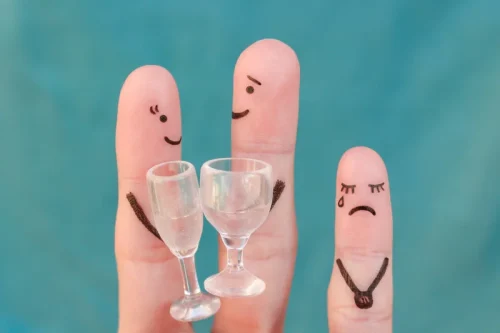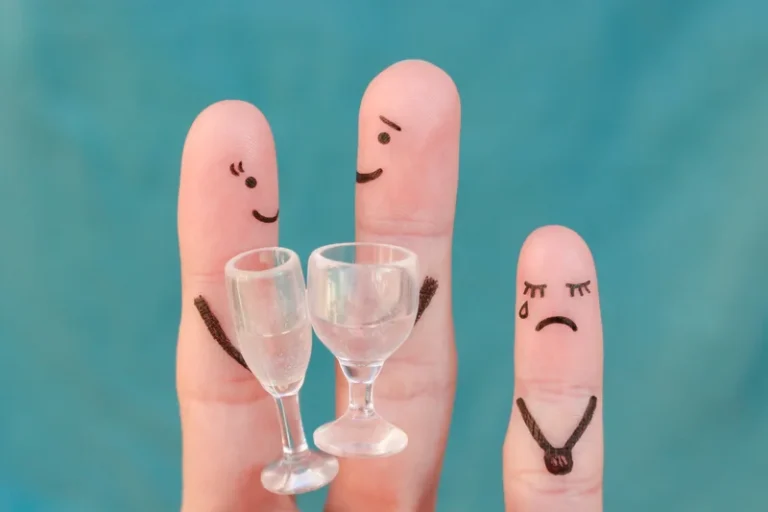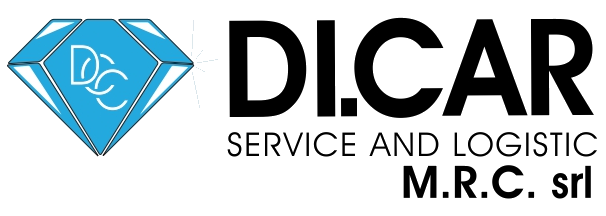Engaging Group Therapy Ideas for Addiction Recovery
Giugno 21, 2023
Breaking the cycle of addiction requires a thorough comprehension of its stages and triggers. Group discussions, journaling prompts, and interactive diagrams enable participants to recognize the nuances of their own journeys and empower them to interrupt the cycle. The initial moments of a substance abuse support group can be filled with apprehension and vulnerability. Introduction activities are crucial in breaking down barriers and creating a welcoming atmosphere. These substance abuse group activities often involve having each member share their name, a brief personal background, and their reasons for joining the group. This helps members get to know one another and sets the stage for open and honest communication from the outset.
- These outcomes include significantly reduced drug and alcohol misuse, decreased criminal activity, and improved overall social and psychological well-being.
- In group CBT therapy, patients with similar conditions are placed in one group.
- Some recovery groups promote emotional openness by playing feelings charades.
- Experiential play therapy for adults usually involves some type of game play, which adults perceive as fun.
- Mental health clinicians use a client’s play for assessment purposes and to help them diagnose and understand problematic behaviors.
Contact Us Today & Feel Good Again
Addiction isolates you from those around you, such as friends and family, and you get used to mostly being on your own. When you come to rehab and need to share intimately in a group setting during early recovery, it’s no wonder people get uncomfortable. Group therapy in addiction treatment consists of three or more people, led by a licensed therapist, working together through issues related to addiction using behavioral therapy.

Breaking the Ice: Trust-Building Exercises That Melt Barriers
- Skillful facilitators must create a nonjudgmental space where participants can openly express their doubts and concerns.
- This activity helps members recognize and label their emotions, providing a foundation for healthy coping strategies.
- By fostering a sense of belonging and camaraderie, substance abuse group activities strengthen members’ bonds and encourage forming a cohesive, supportive community.
- Each week, members share someone or something they’re grateful for, which can shift focus away from stress and reinforce optimism in recovery.
- With personalized treatment plans, patients have access to the right tools that can help replace unhealthy habits with productive ones so patients can live a happy, fulfilled life.
In this session, members reflect on achievements and strengths that reinforce their self-worth and provide motivation for their recovery journey. Art therapy gives members an outlet to express emotions and experiences creatively. By using drawing, painting, or collage-making, members can explore feelings they may find hard to verbalize, allowing for a therapeutic release and greater self-awareness. Substance use can damage trust within relationships, making it a crucial focus in recovery. This topic explores steps to regain trust from family, friends, and oneself, fostering stronger, healthier relationships. Shame and guilt can be significant barriers in recovery, often fueling negative self-perception.
Final Thoughts on Selecting Group Therapy Activities for Your Clients with Substance Abuse
- By recognizing these triggers, participants gain insight into their vulnerabilities and can develop proactive strategies to avoid or cope with these situations.
- Gratitude discussions foster a positive outlook by focusing on what members appreciate.
- In therapy, you will discuss this with others and explore why you think negatively, its impact on your relationship with yourself, and how you could change.
- The group leader then reads each fear, allowing members to identify shared fears and feel less alone.
We find that many of our clients are unsure of what to expect, and need time to feel out the group dynamic before speaking up. Also, please leave a comment below if you have other ideas, or would like to add to the discussion. After playing with them, transition into a discussion about the fallibility of our senses and point of view. Talk about how differently people perceive things based on who they are and the situation at hand. Discuss the upside to stress, i.e. the positive role that some forms of stress can play in your life. Marking recovery anniversaries acknowledges members’ ideas for substance abuse groups hard work and dedication.

Relapse Prevention Strategies
Pass out pre-printed outlines of a tombstone and ask your clients to think about this exercise seriously. Experiential play therapy for adults usually involves some type of game play, which adults perceive as fun. You, nor your loved one, are under any obligation to commit to a Treatment X treatment program when calling the helpline.
Individual therapy provides clients with one-on-one time with a trained Counselor which can feel less overwhelming and more personal than a group setting. When a client shares their hesitations with you about group therapy, there are numerous benefits that you can discuss with them. In this post, I highlight 50 Substance Abuse Group Therapy Activities for Recovery that you can use with your clients. This article explores 50 substance abuse group activities designed to empower individuals in their recovery journey.

It can boost your sense of well-being and help you cope with drug cravings and other recovery-related challenges. We are here to provide assistance in locating an Ark Behavioral Health treatment center that may meet your treatment needs. Much like music, artistic activities can help people relax and focus on something soothing, which aids in recovery and healing. Forms of charades like emotions charades can also encourage participants to explore their emotions and become more comfortable with them. The more you learn about triggers and how to manage them, the easier it is to maintain your recovery.

ChoicePoint aims to improve the quality of life for people struggling with substance use disorder and mental health issues. Our team of licensed medical professionals research, edit and review the content before publishing. However, this information is not intended to be a substitute for professional medical advice, diagnosis, or treatment. For medical advice please consult your physicians or ChoicePoint’s qualified staff. Triggers are people, places, feelings, or other things that make you want to abuse drugs. Mindfulness is the practice of observing the present moment without judgment.
Challenges and ethical considerations in substance abuse group activities
This activity pairs members as partners, fostering regular check-ins to discuss progress, setbacks, and goals and reinforcing commitment through shared accountability. Regret can be a heavy burden, but it can also motivate positive change. This discussion allows members to address any regrets they have and explore how these feelings can be transformed into fuel for growth and self-improvement.





